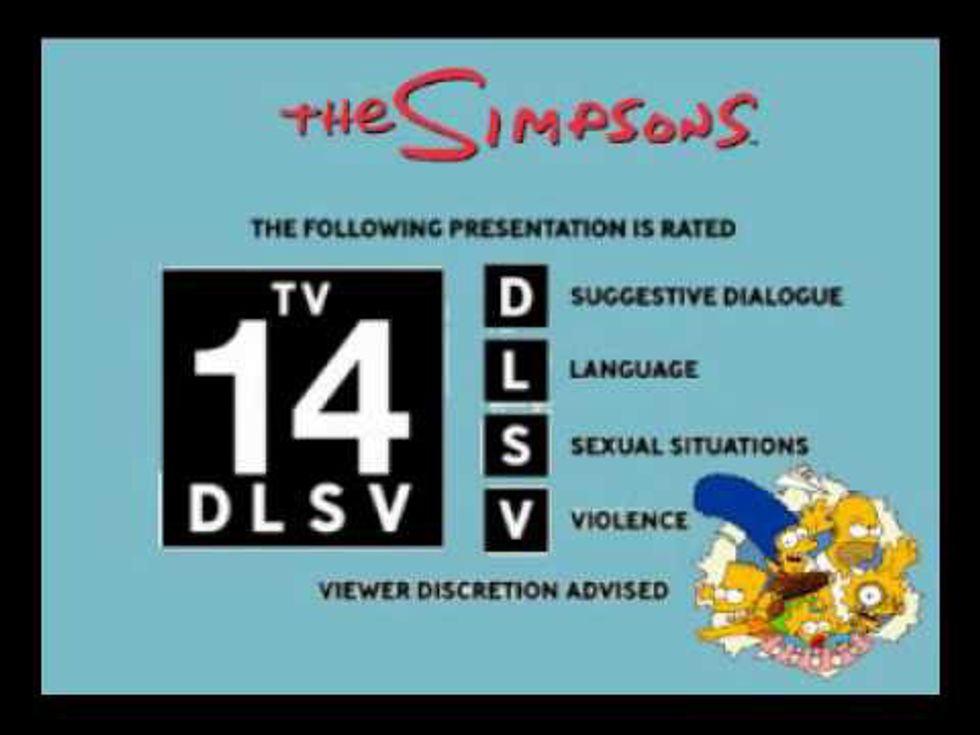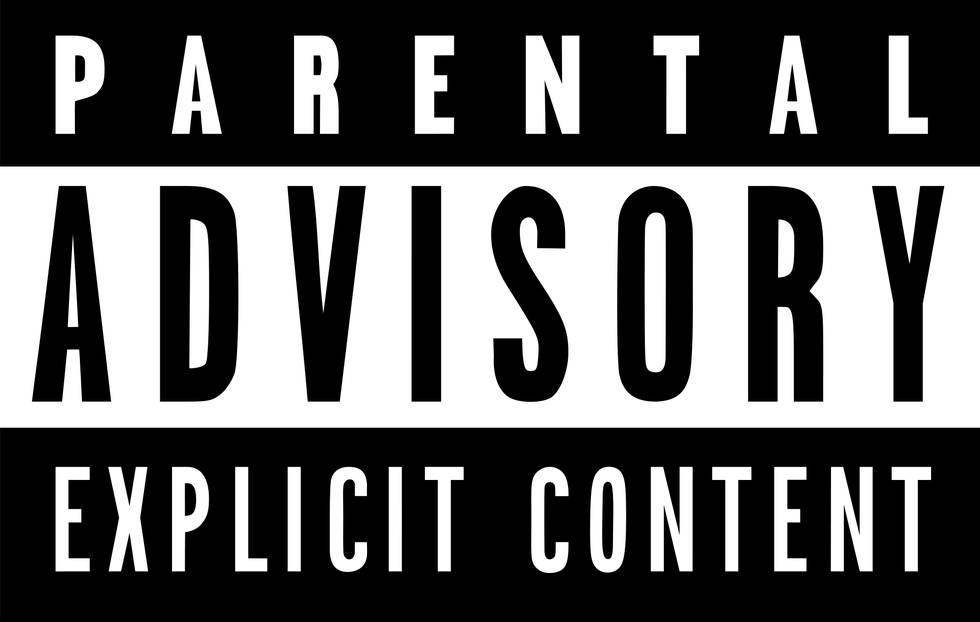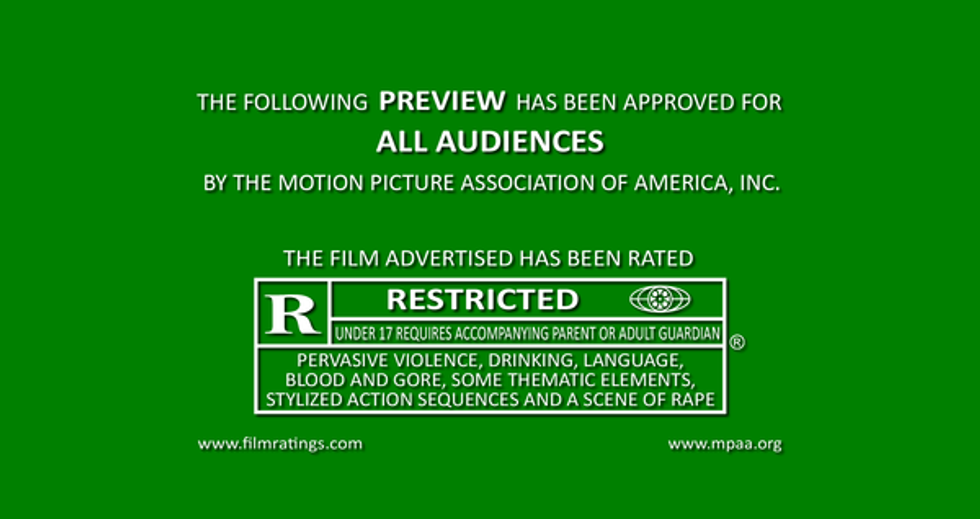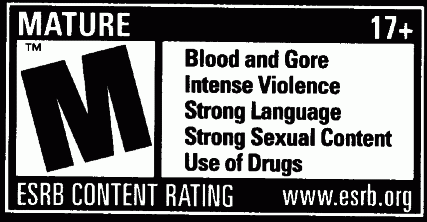TW: rape and trans women violence mention
One of the most remarkable things I encounter on the internet in the comment section and other online conversations is irony. It tickles my heart when I witness strangers tone-deaf about the situation they’re in. In this week’s ironic blog post, I would like to discuss trigger warnings.
Maybe some of you may be familiar with this [internet] meme:
The internet popularity of “trigger warning” or “tw” started on feminist websites, but the phrase goes back to late 20th century clinical medicine, after psychologists had a name for the mental afflictions of war veterans: Post-traumatic stress disorder or PTSD. However, psychologists wanted to know their patients’ “triggers,” or “sensory input that somehow resembles the original trauma.” Here’s a better and thorough history lesson from Buzzfeed about “tw”. Yes, I know Buzzfeed is trash, but this article is good trash and I have 1000 words to make y’all learn and maybe laugh at the same time.
Fast forward to 21st century. Internet users have become familiar with the phrase “trigger warning” at the beginning of blog posts, forum threads, articles and college syllabi. From what I have hypothesized thus far with my extensive and very serious research is that many cisgender straight men despise the phrase “trigger warning.” It’s like the phrase triggers them. No, really, it does, because some of the emotional manifestations of triggers are irritation, agitation and hostility. It's ironic that people (e.g. men) are being triggered by the phrase “trigger warning.” God forbid someone else has a different life history than them, and the crappy events of their past involuntarily make them react to sensorial reminders of said crappy events.
I understand some people are interpreting the "tw" preface as a sign that people are weak and are being coddled. But, like, no, dude, they’re just warnings. Warnings are everywhere in our lives. It does zero harm to preface internet content with a “tw.” Here are some examples of warnings we’ve grown up with that are most similar to “trigger warnings.”
Example 1: The Recording Industry Association of America (RIAA) puts these warnings in front of audio recordings. This shows parents that if their young child listens to this, they may be triggered to ask them what "fellatio" means or walk around in public rapping to Khia's "My Neck, My Back."
Example 2: Almost every human being on the planet is familiar with this image. This is an example of the Motion Picture Association of America (MPAA) rating systems. Because of these prefaces before trailers, you can decide whether or not you want to sit through a sex scene with your parents or, for those with penises, trigger an erection next to your date.

Example 4: The Entertainment Software Rating Board has rating labels for video games. Not once have I heard a video gamer say the ESRB's ratings are excessive. It actually has the opposite effect: the more warnings, the better. OK, that might not be a true statement, but some of the most popular games have M ratings. Anyway, these are here so players aren't triggered by the violent content or to not trigger parents to file a lawsuit because of an unknown sex scene.
Trigger warnings ain't nothin' new, so stop acting brand new. Trigger warnings have been a part of your entire life, especially if you're a consumer of technological and/or virtual entertainment.
I’m going to out on a limb and say that the main reason people of the internet (e.g. men) have an issue with “trigger warnings” is because it is associated with femininity (i.e. feminism). "Trigger warning" is a buzzword on the internet because of feminists. Femininity is not valued in patriarchal societies (oooh, are you triggered? “Patriarchy” is a trigger for these guys. Breathe in…breathe out. You’ll get through this), and when a person associated with femininity (e.g. women and femmes) express themselves in any way, it is shut down, diminished and demonized.
For example, society rarely believes female rape victims and blame them for their own rape, thus their community ostracizes them. And the judicial systems favors the rapists a majority of the time, thus they get a short prison sentence or don’t go to prison/jail at all. Another example, trans women are being murdered at a historic rate in the U.S., and their murderers are not being prosecuted for their hate crimes. When I listen to the stories of trans women and femmes, they are harassed by cisgender men. These men see femmes and trans women’s existence as a threat to their “manhood” or masculinity, so they react violently verbally, emotionally or physically. Patriarchal society works to silence femininity.
The negative reaction to “trigger warnings” is also revealing of people’s lack of empathy and sympathy for other people’s life circumstances. It’s not hard to imagine people have experienced terrible events in their life. It’s arrogant and ignorant to think otherwise. According to Mental Health America, people who are not war combat veterans/civilians can have PTSD, so it’s not farfetched that you might talk to a stranger on the internet who has PTSD and is “triggered” by rape threats or pictures of dead bodies. It’s not going to kill you or slow you down to be respectful of people’s health. For example, you don’t get mad at your friend for not wanting to come to your house because they’re allergic to your cats or dogs. They lack control of their allergies. They may be working to improve their health, but for now, be respectful. Heck, people are more understanding of people’s fear of dogs than they are of victims of rape or domestic violence. We’re all aware dogs can become violent, so we’ll put Rover in the backyard for the time being. Cool? Cool.
I’m not saying you have to put a “trigger warning” at the beginning of your posts or other internet content. I’m asking you to be respectful and be more understanding why they exist on the internet and in the world. At the very least, be patient, understanding and respectful of people’s circumstances and past.

























